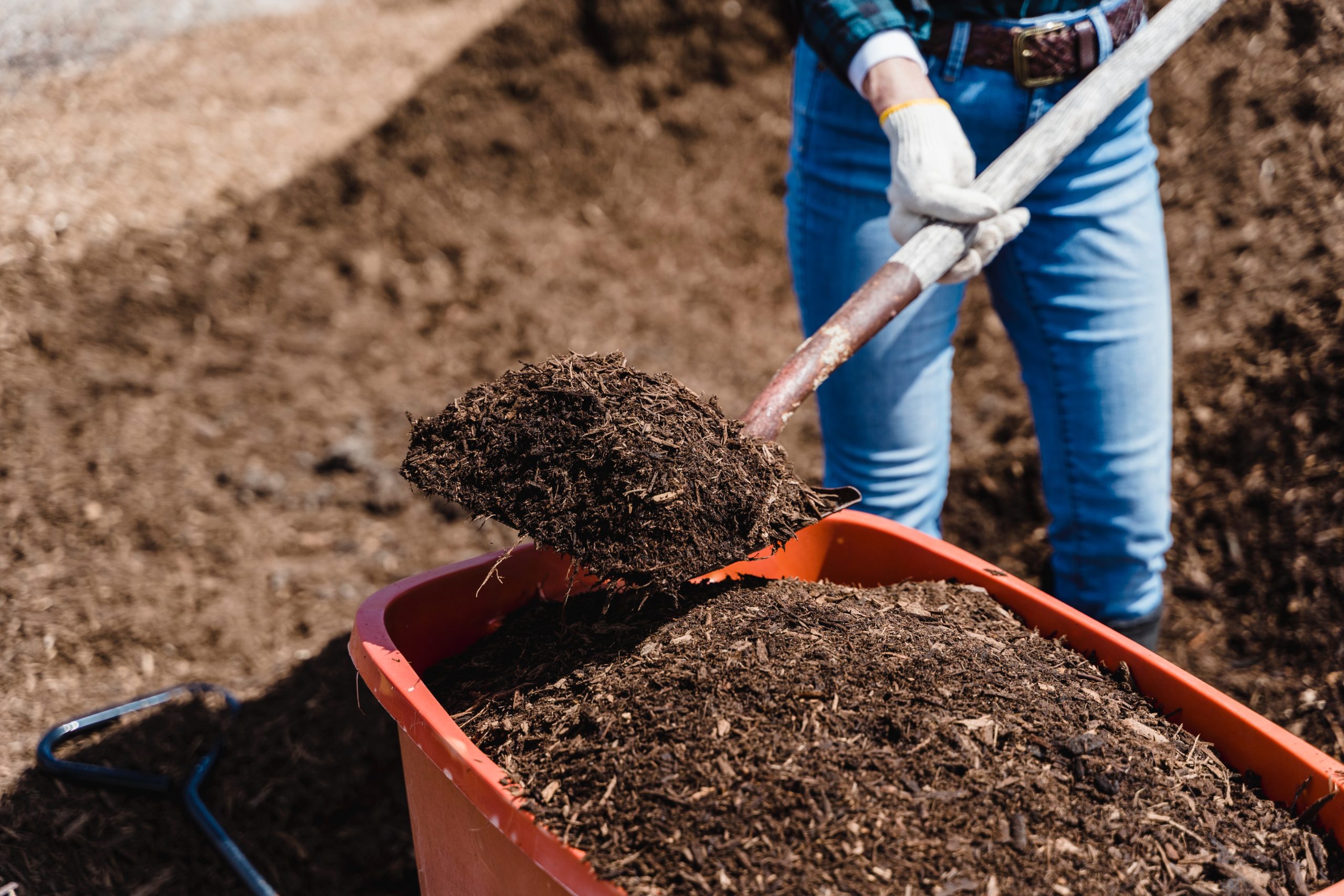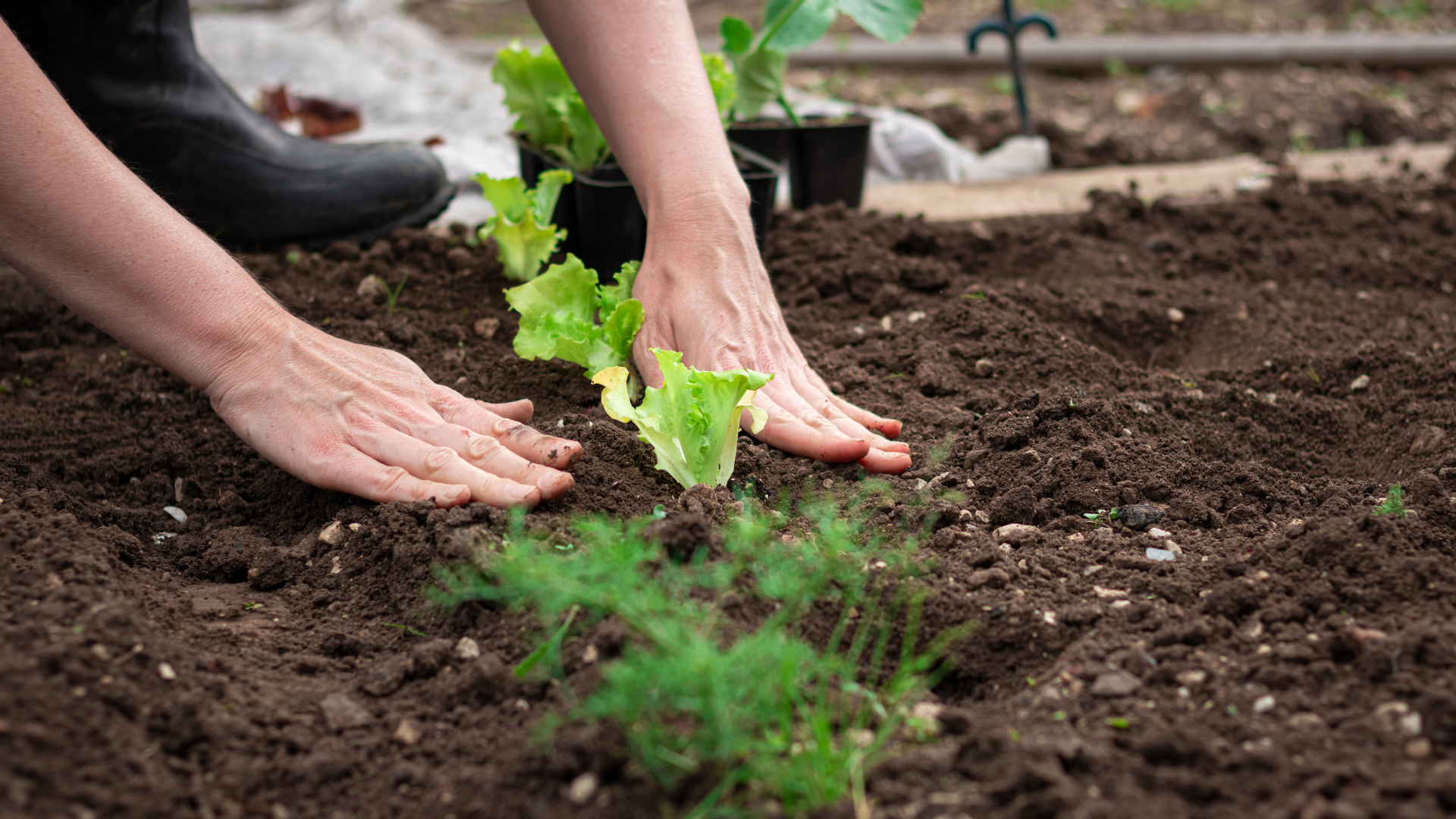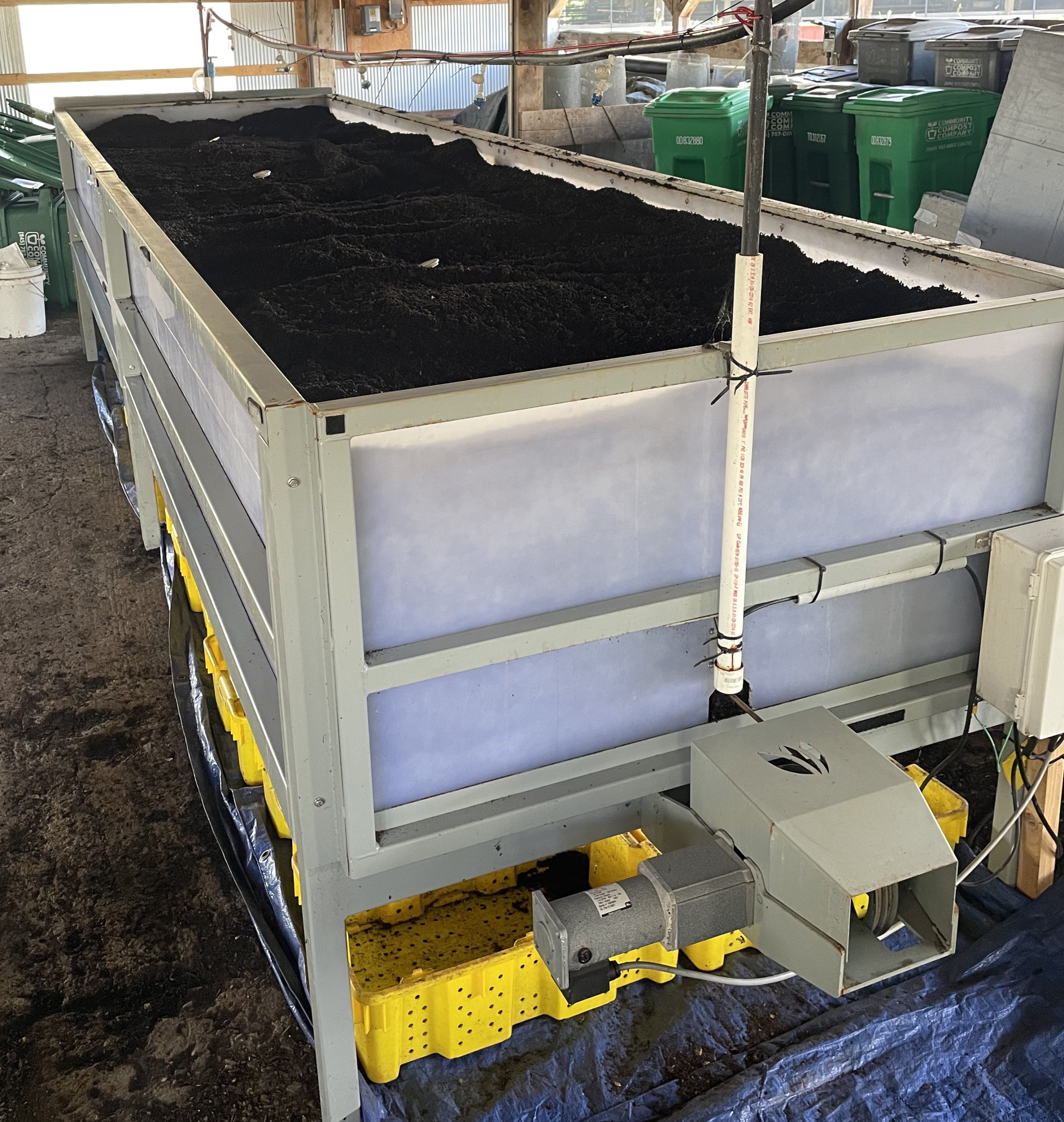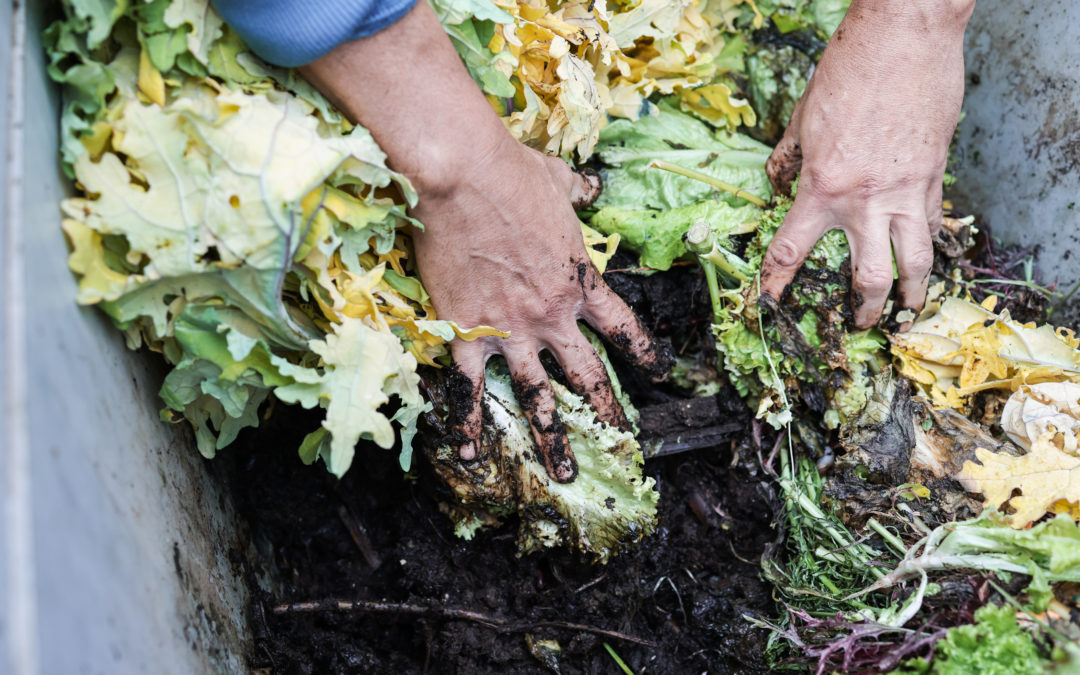You might wonder why you should start composting and whether it offers benefits. Let’s look more closely at how composting can improve your life and help you save money.

Composting Can Feed Your Garden
Composting helps break down organic materials in a natural way, creating a soil improver you can use for gardening. Adding compost to soil provides vital nutrients and microorganisms that promote a healthier lawn and garden. Plus, it holds moisture longer than regular soil, which means you can water less frequently.
Healthier soil also reduces erosion by absorbing rainwater better than nonorganic soil does. Compost helps retain moisture in the soil during dry periods, feeds beneficial soil organisms, and adds nutrients to your garden. Fertilizers contain only three nutrients (nitrogen, phosphorus, and potassium), while compost provides about 20 additional nutrients.
Composting Will Feed Your Houseplants Too
Have you ever had a houseplant that looked like it needed some help, but you weren’t sure what else to do for it? Composting might be the answer. By preparing a compost heap and using the resulting humus for your plants, you’ll help them thrive. Plus, mature compost, called humus, is more nutrient-rich than fertilizer or plant food you buy at a gardening center. If you’re a houseplant enthusiast, you’ll appreciate having fertile compost available to enrich your garden soil or potting mix.

Composting Reduces Waste that Goes to Landfills
Composting also reduces the amount of waste sent to landfills. When organic materials end up in a landfill, they are buried under trash and covered with dirt. This cuts them off from the air they need for decomposition. Their breakdown into compost slowly produces methane gas, which contributes to climate change. Research shows 30% of food produced ends up in a landfill. Humans can do better, and even one family composting has a small impact on food wastage and climate change.
Composting Saves Money
You have less trash to collect when you compost, so you incur fewer trash collection costs. Plus, a garden can get expensive fast if you’re going out to buy fertilizer every season. When you compost, you don’t have to pay for fertilizer, and you get a more diverse blend of nutrients for your soil.
Higher quality, nutrient-rich soil retains water better, so you won’t have to water as often either. A Denver Water study showed that adding compost to soil increases soil absorbency and water retention significantly. So, you need to supply your plants with less water when you add humus to the soil.
Compositing Contributes to Planetary Health
Composting is a form of recycling that reduces landfill waste and helps keep organic materials out of landfills, where they take up space and release methane. Methane is a greenhouse gas with a global warming potential 86 times that of CO2, and is the second most prevalent greenhouse gas emitted from human activities. When you compost you contribute to environmental health by reducing methane and slowing the rate of the warming of the planet.

Composting Tips
How can you get started? Composting comes in many shapes and sizes. For example, you can have a composting bin at home that sits on top of the ground, or an enclosed, below-ground composting system. If you don’t have the space for a large compost pile, consider building a small bin from scrap wood or chicken wire fencing. You can also purchase composters from garden centers and home improvement stores designed for convenient home use.
Another great option is the Wormgear’s CFT System – a continuous flow through vermicompost system with a modular design that allows it to grow with your compost needs!
When choosing your composting system, ensure it provides the right conditions for the compost to break down effectively. Compost needs oxygen, moisture, and heat, which is why many people like to turn their compost with a pitchfork or shovel from time to time. If you don’t, the process will still happen — just more slowly.
Build and maintain your compost system well. You’ve installed your compost bin, but now what? Make sure you build it strong and well-sealed; otherwise, you can start to smell bad odors and attract pests that will ruin your hard work. Do your research and get started right.


